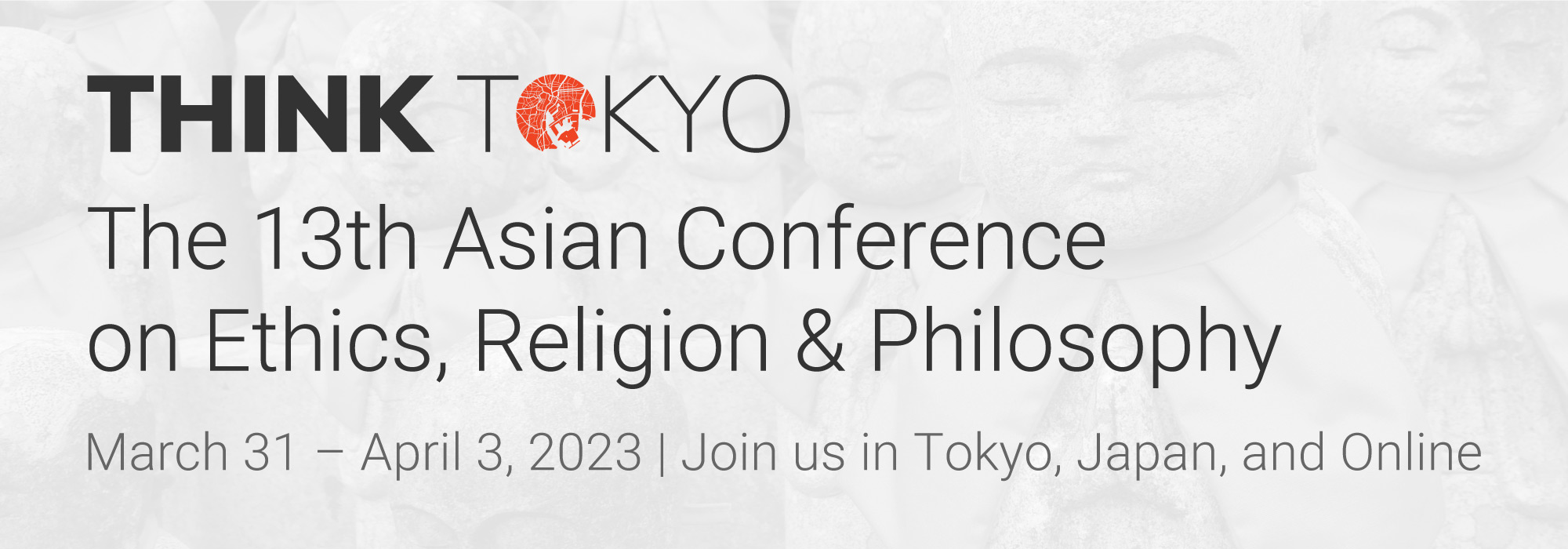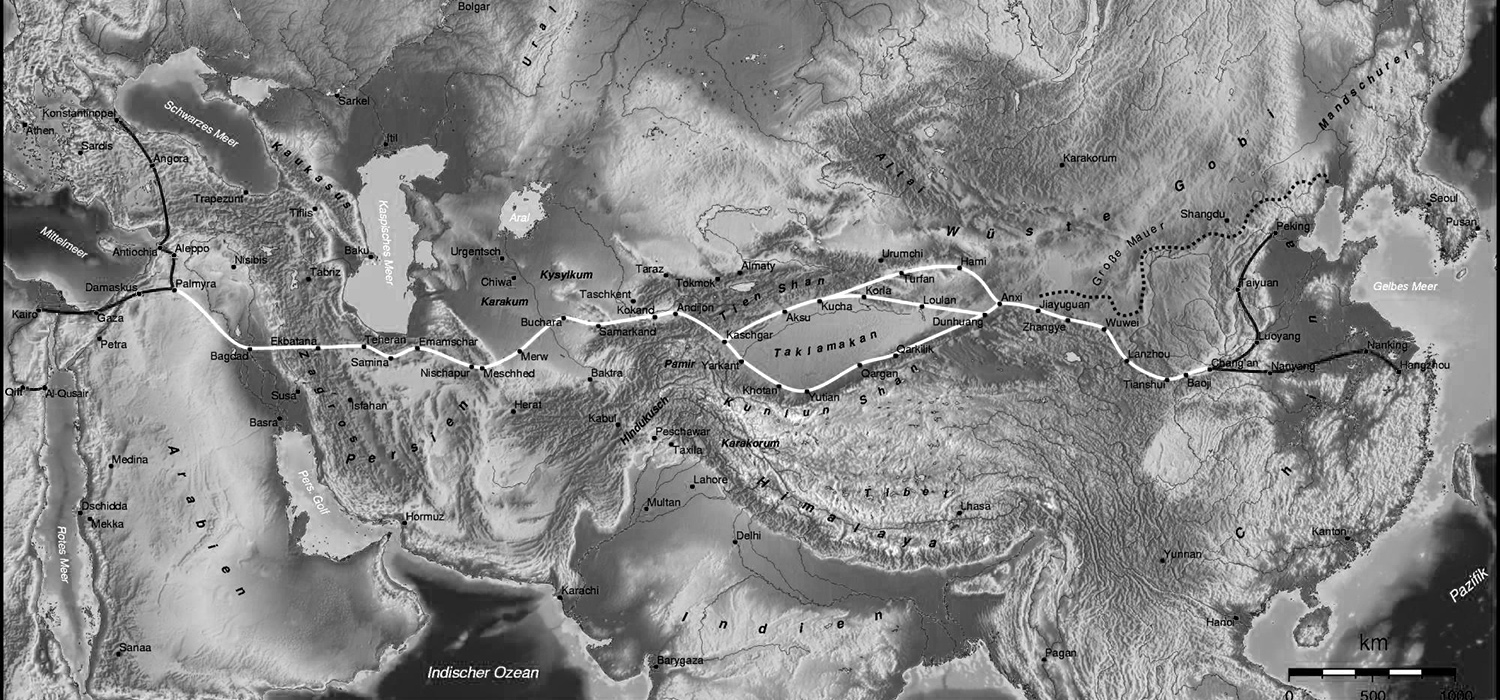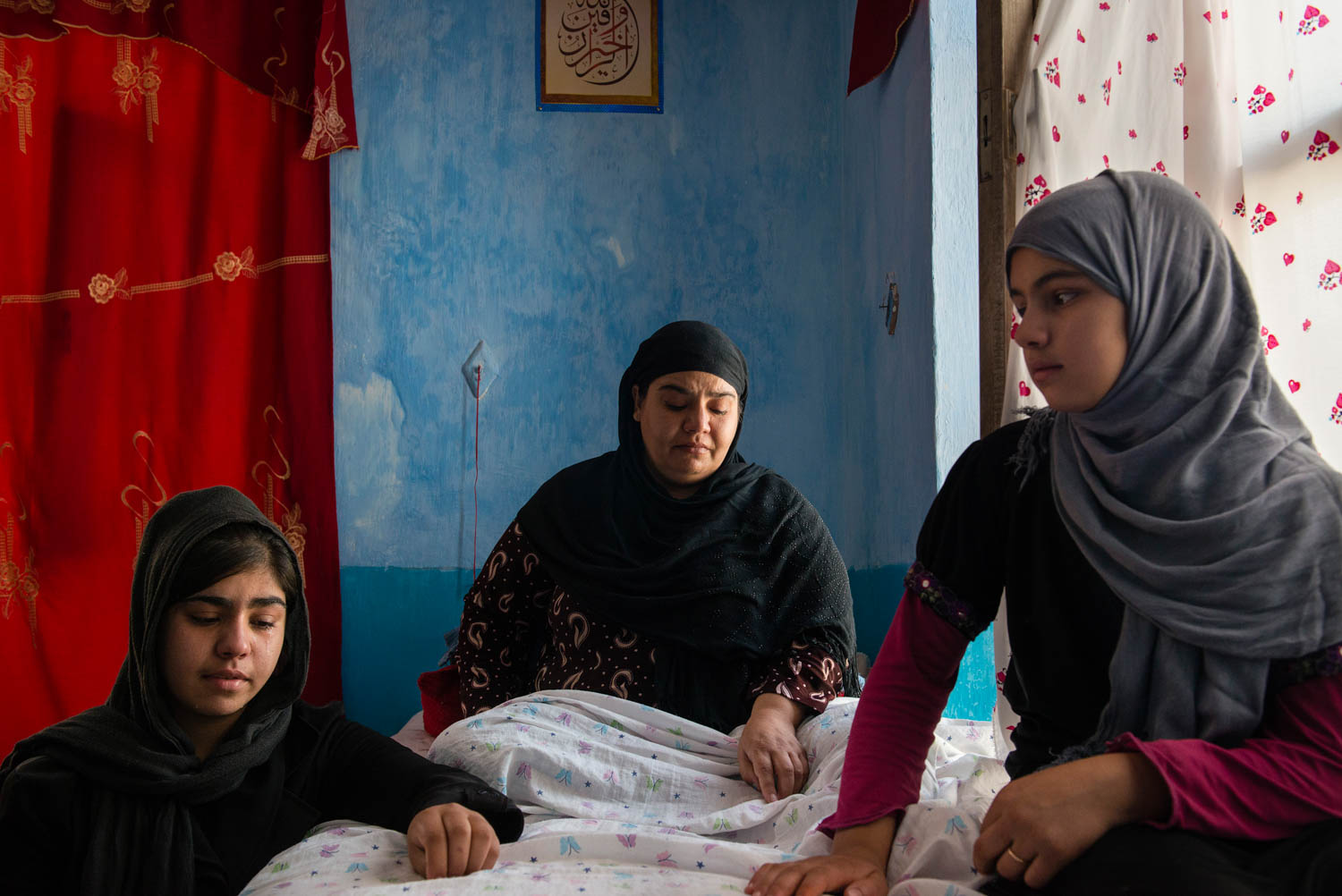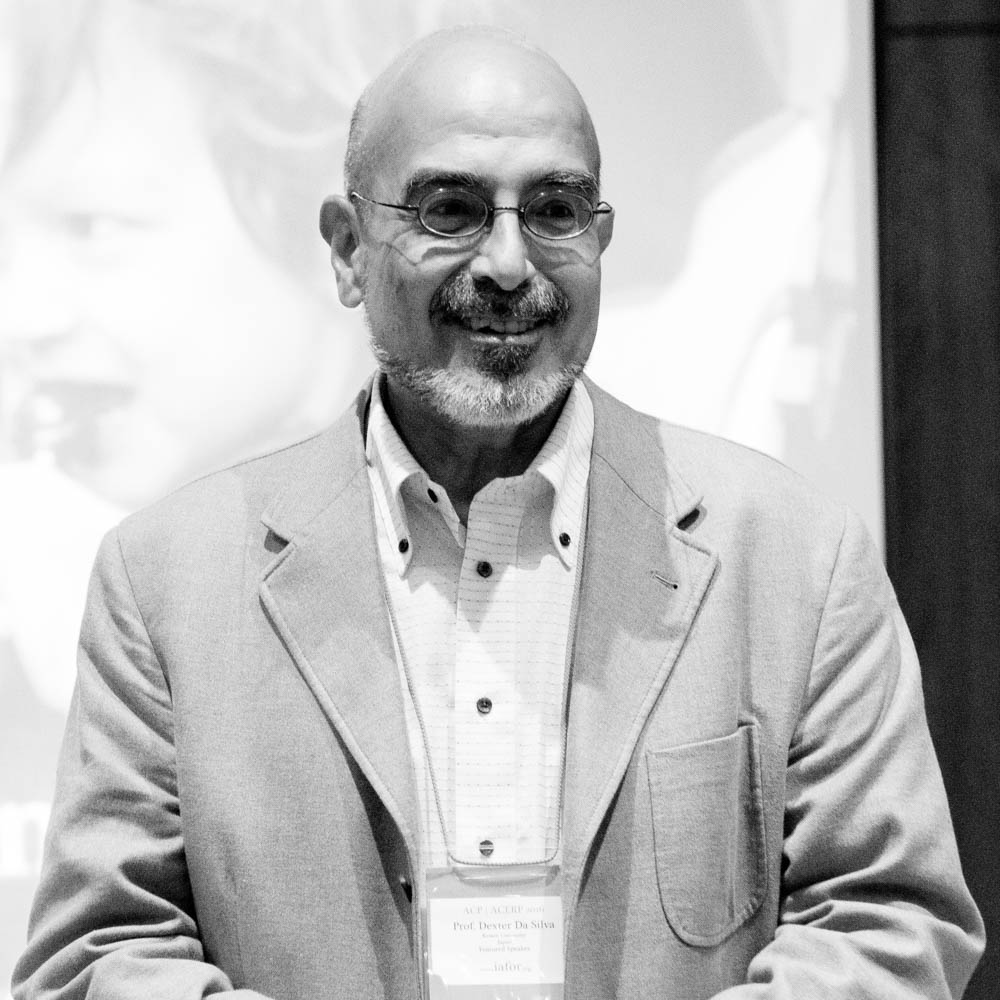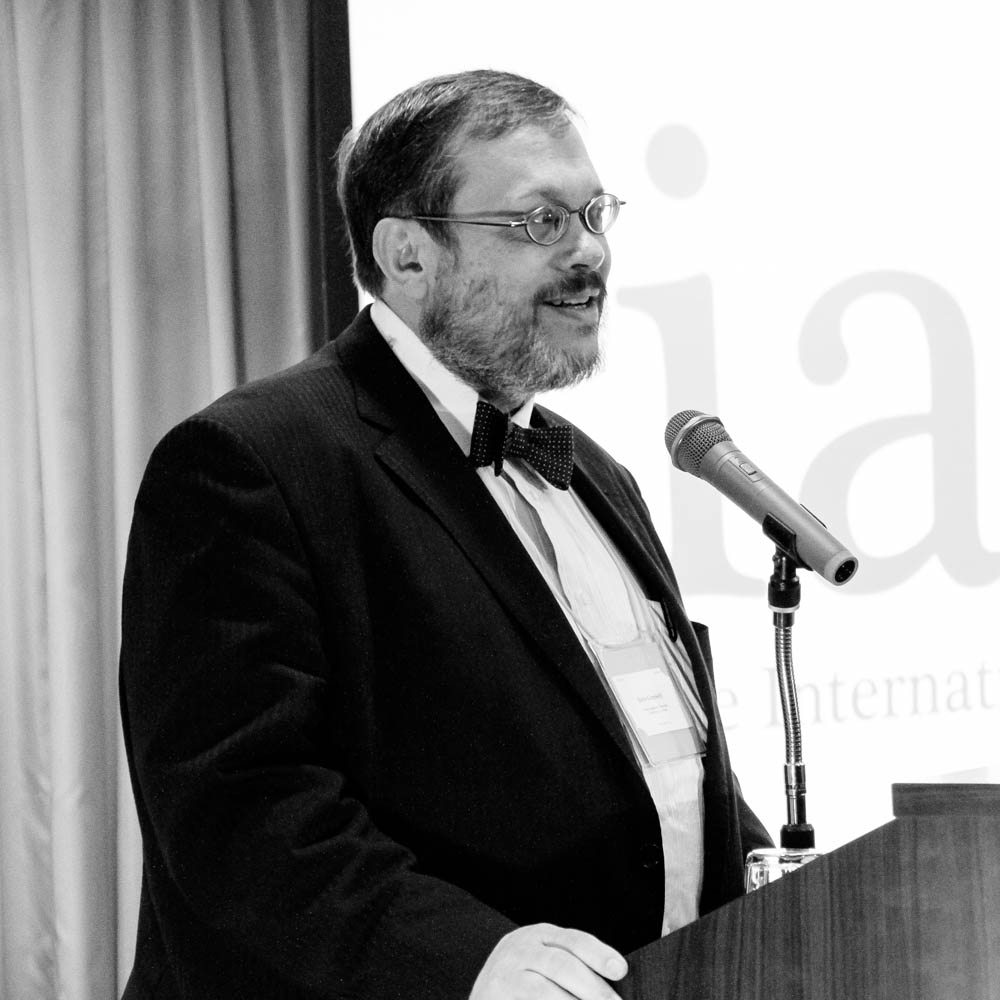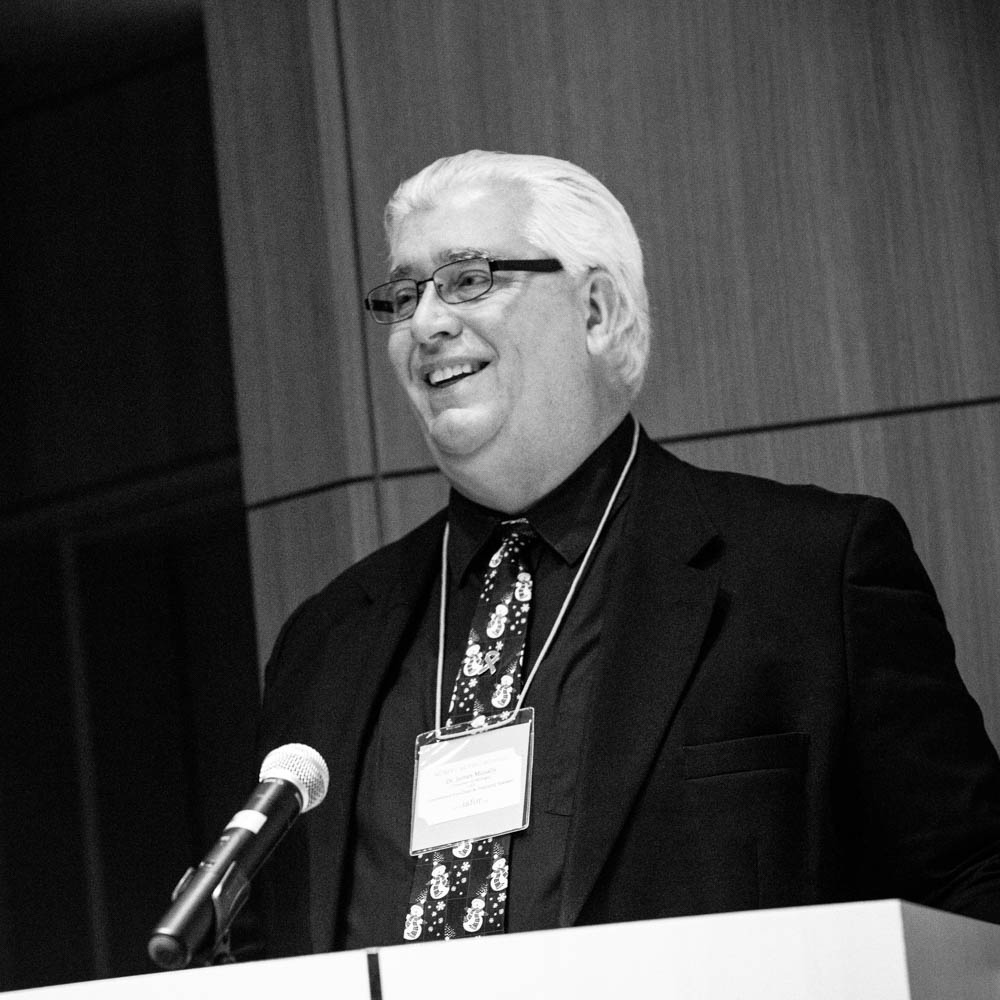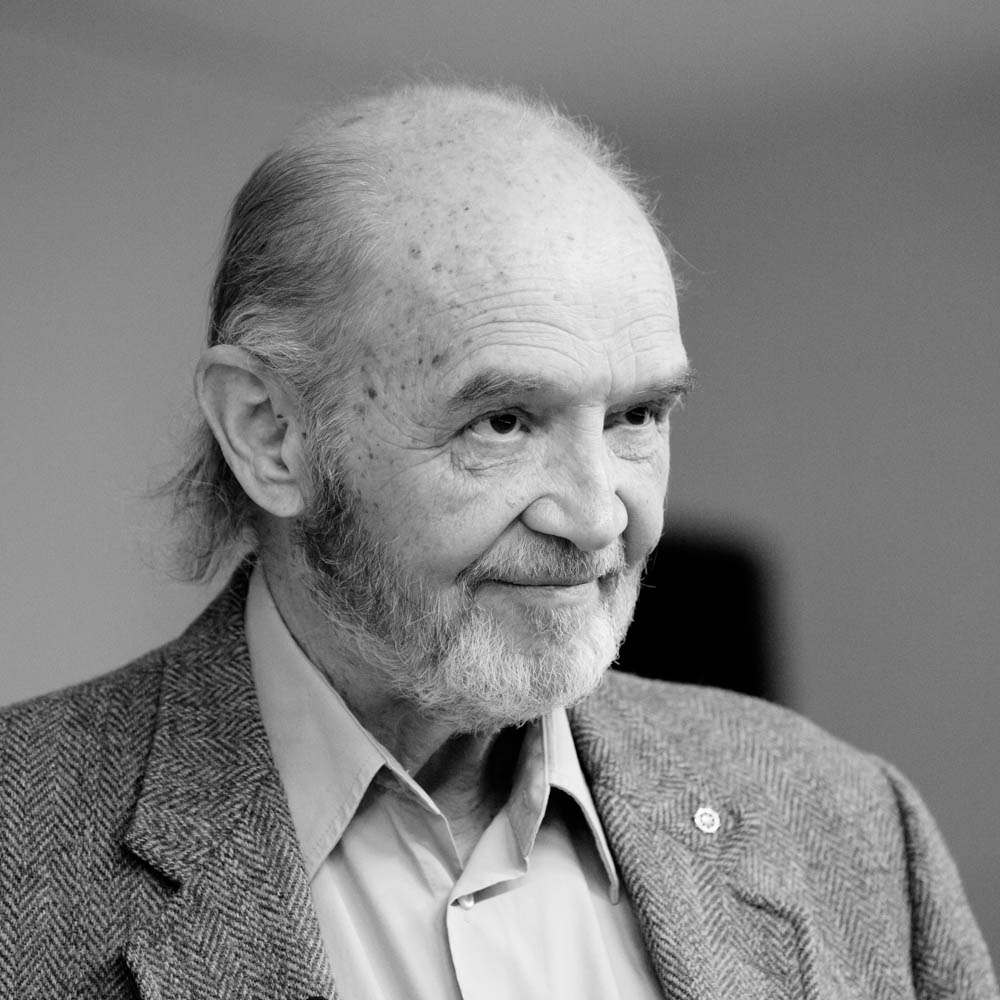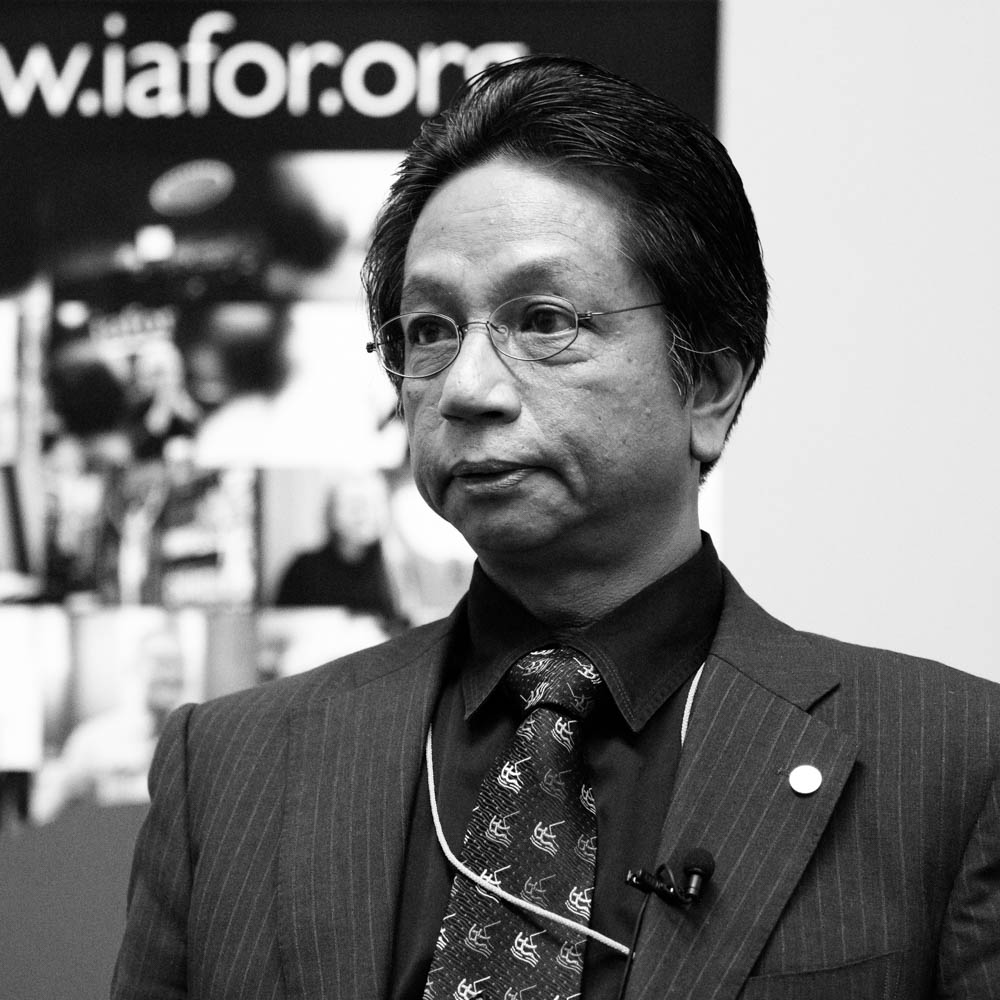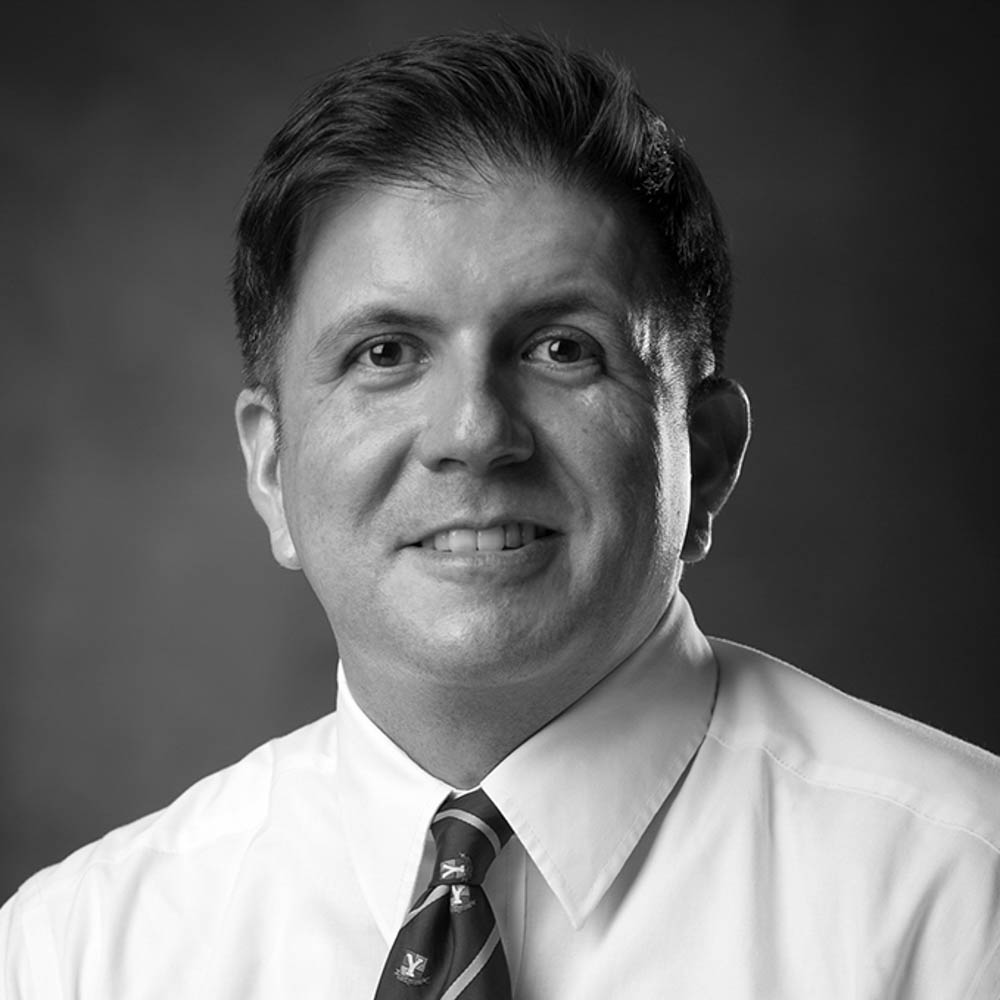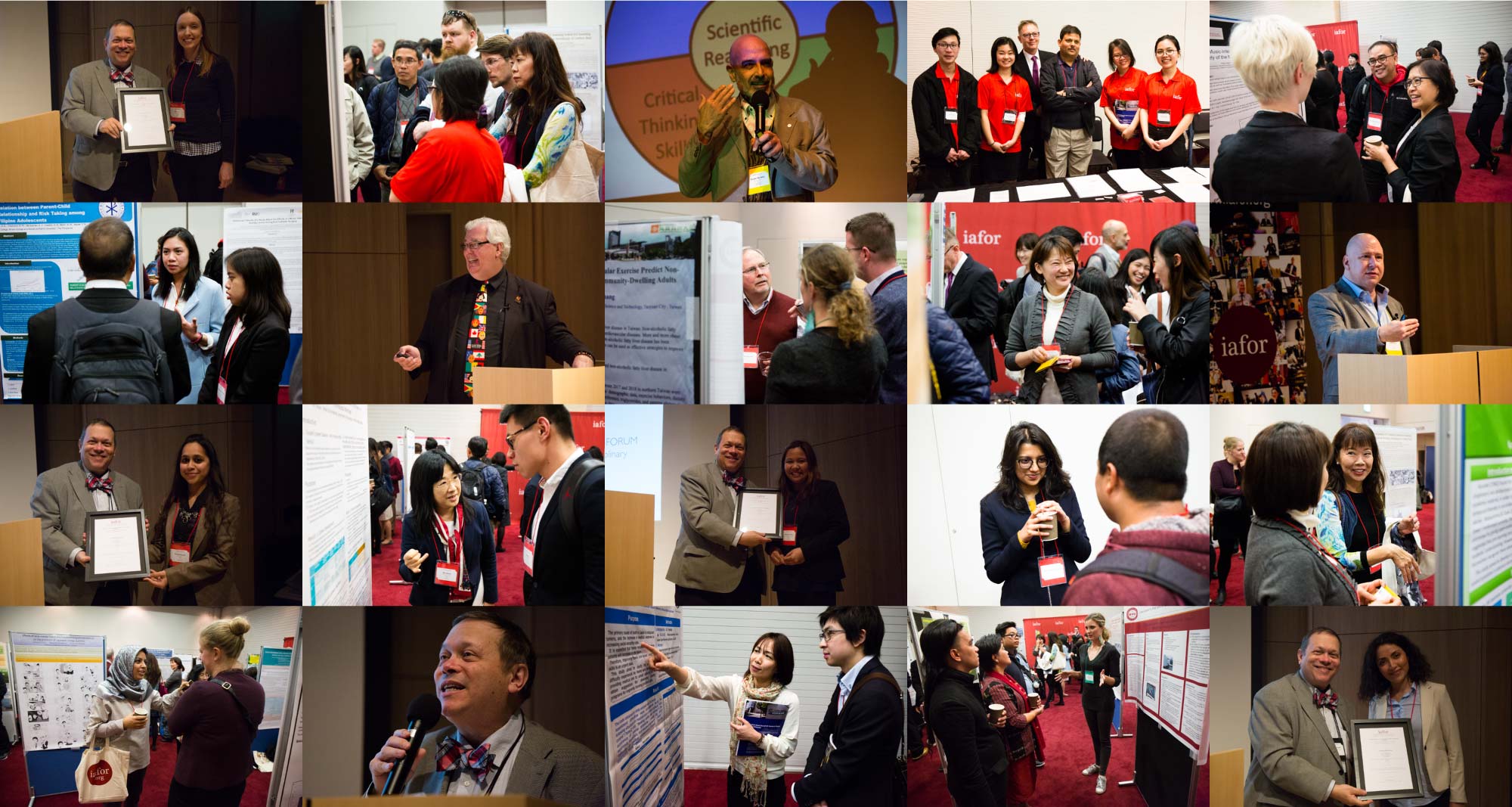
“Surviving and Thriving in Times of Change”
March 22–24, 2018 | Art Center Kobe, Kobe, Japan
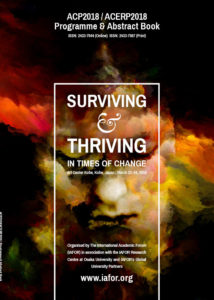 The way we think, reason and behave as individuals, as communities and societies is in a process of constant change and renegotiation. The only constant of change is change itself, as Heraclitus most famously put it some 2,500 years ago. Change may not be new, but its pace, assisted and facilitated by advanced technologies, means these processes have never been faster. While in some ways we have grown together through the processes of globalisation, in others we have become more isolated, marginalised and alienated. Religious traditions, and the relationship between religion and civil society, have also faced dramatic change.
The way we think, reason and behave as individuals, as communities and societies is in a process of constant change and renegotiation. The only constant of change is change itself, as Heraclitus most famously put it some 2,500 years ago. Change may not be new, but its pace, assisted and facilitated by advanced technologies, means these processes have never been faster. While in some ways we have grown together through the processes of globalisation, in others we have become more isolated, marginalised and alienated. Religious traditions, and the relationship between religion and civil society, have also faced dramatic change.
This conference’s theme of “surviving and thriving” in these times of change invites us to continue to consider this large question through the traditions and lenses of studies associated with religion, philosophy and ethical studies.
The role of religion is seen by many as having no place in the modern world. Where and when it does wield influence it is often viewed as inappropriate or malevolent, and as a barrier to “progress” and “modern” thinking. In today’s fast-paced and technology driven world are the study of philosophy and ethics useful, or are they similarly becoming irrelevant and ossified? What is the continued role and relevance of ethics, religion and philosophy, as subjects to be studied, discussed and lived as core parts of our individual and collective lives? How can they help us stay resilient in the face of challenges and failures? How can they help us overcome the various difficulties that life brings?
ACERP2018 Conference Photographs
Human interaction is at the root of all knowledge creation, and hence the great importance of the conference in introducing, testing and spreading ideas through challenging, rigorous and thought provoking discussion and debate. But beyond that, a conference is also a great chance to meet people from around the world, and to extend and grow ones’s professional network, and above all, to make friends.
It may be impossible to tell the story of the conference, or rather the many hundreds of interlocking stories that go to make up the conference, but the documentary photography in this slideshow aims to give a taster of the more serious academic side of the event, as well as the lighter side…
[envira-album slug="acerp2018-conference-photographs"]Programme
-
 On Being Tolerant and Acceptant to Survive Life ChangesFeatured Presentation: Monty P. Satiadarma
On Being Tolerant and Acceptant to Survive Life ChangesFeatured Presentation: Monty P. Satiadarma -
 Patterns of Depression Among Elderly Asian Immigrants to the United States Over the Past DecadeFeatured Presentation: James W. McNally
Patterns of Depression Among Elderly Asian Immigrants to the United States Over the Past DecadeFeatured Presentation: James W. McNally -
 Shinto: Window on Universal ReligionFeatured Presentation: Brian Victoria
Shinto: Window on Universal ReligionFeatured Presentation: Brian Victoria -
 Psychological Literacy: The Most Important Literacy for the 21st CenturyFeatured Panel Presentation: Dexter Da Silva (Panel Chair), Steve Cornwell, Ronald Mellado Miller & Monty P. Satiadarma
Psychological Literacy: The Most Important Literacy for the 21st CenturyFeatured Panel Presentation: Dexter Da Silva (Panel Chair), Steve Cornwell, Ronald Mellado Miller & Monty P. Satiadarma -
 Law, Religion and Authoritarianism: From State Shinto to Religio-TrumpismKeynote Presentation: Frank S. Ravitch
Law, Religion and Authoritarianism: From State Shinto to Religio-TrumpismKeynote Presentation: Frank S. Ravitch -
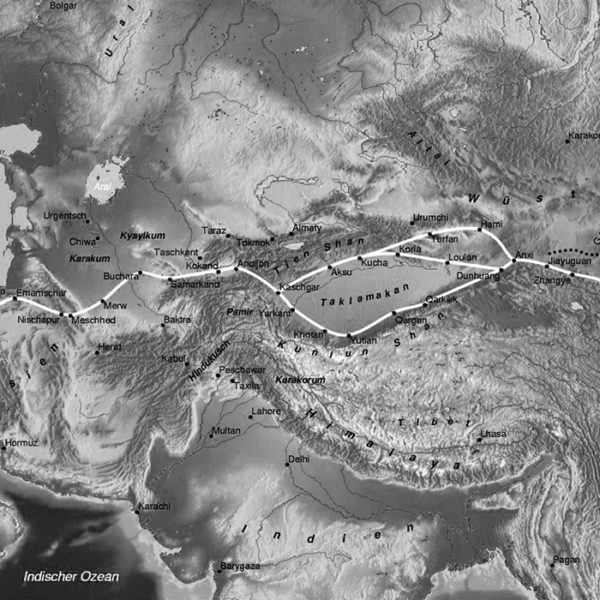 IAFOR Silk Road Initiative Information Session
IAFOR Silk Road Initiative Information Session -
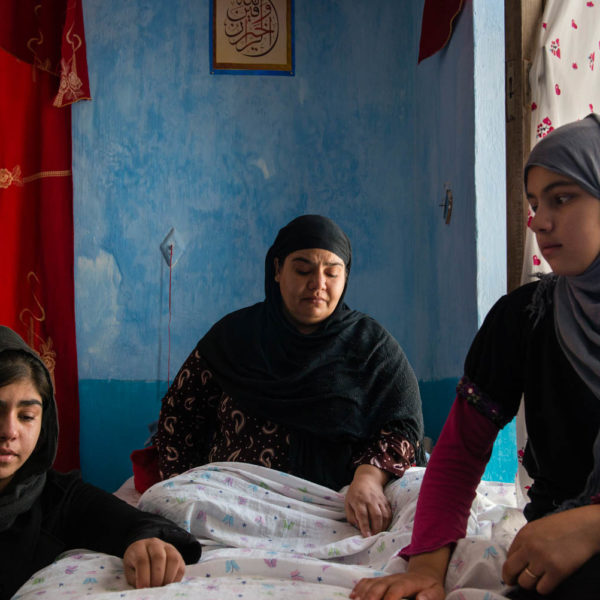 IAFOR Documentary Photography Award 2017 | Award Winners Screening
IAFOR Documentary Photography Award 2017 | Award Winners Screening
Speakers
-
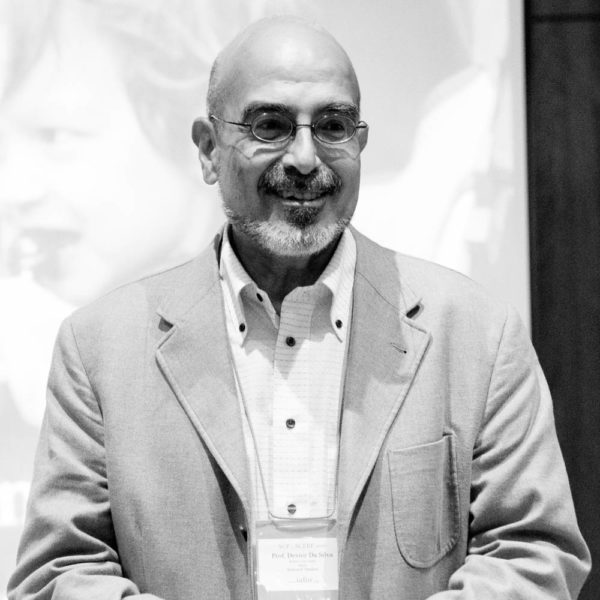 Dexter Da SilvaKeisen University, Japan
Dexter Da SilvaKeisen University, Japan -
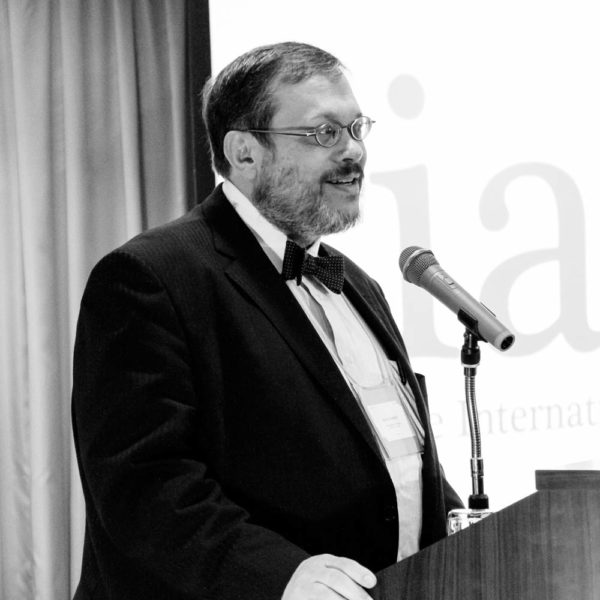 Steve CornwellThe International Academic Forum (IAFOR) & Osaka Jogakuin University, Japan
Steve CornwellThe International Academic Forum (IAFOR) & Osaka Jogakuin University, Japan -
 Frank S. RavitchMichigan State University College of Law, United States
Frank S. RavitchMichigan State University College of Law, United States -
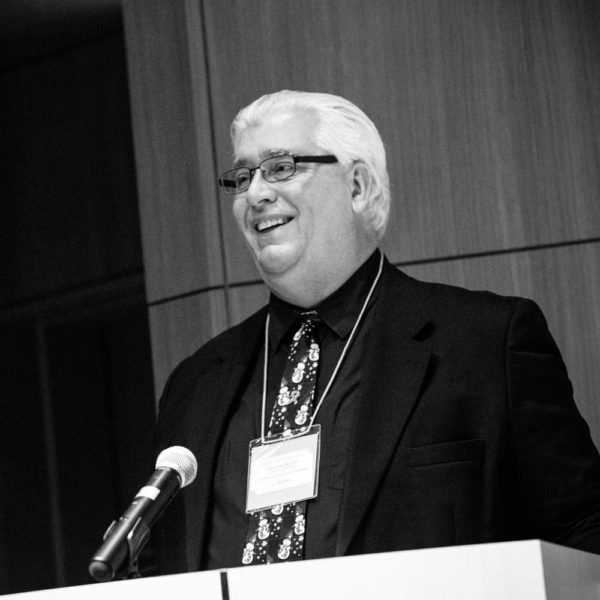 James W. McNallyUniversity of Michigan, USA & NACDA Program on Aging
James W. McNallyUniversity of Michigan, USA & NACDA Program on Aging -
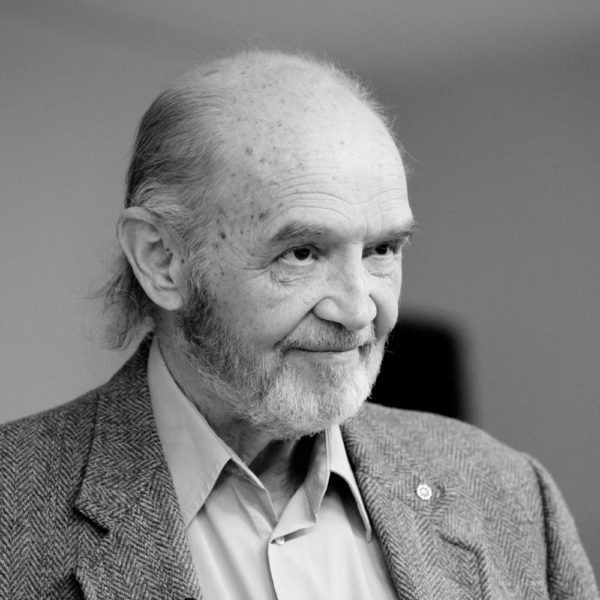 Brian VictoriaOxford Centre for Buddhist Studies, UK
Brian VictoriaOxford Centre for Buddhist Studies, UK -
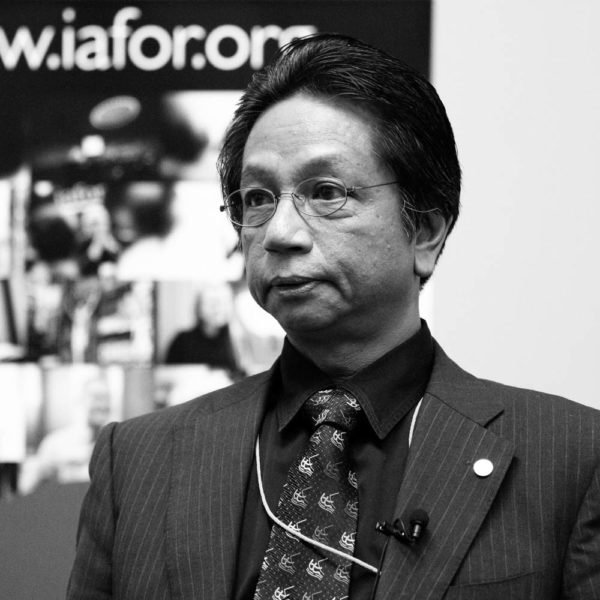 Monty P. SatiadarmaTarumanagara University, Indonesia
Monty P. SatiadarmaTarumanagara University, Indonesia -
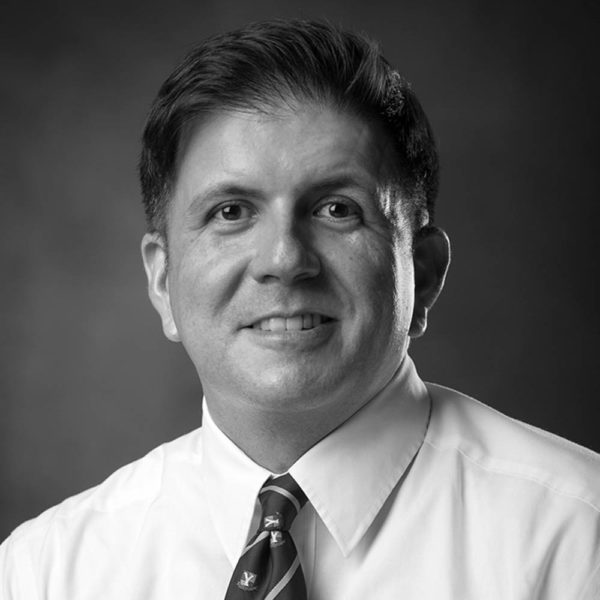 Ronald Mellado MillerBrigham Young University – Hawaii, USA
Ronald Mellado MillerBrigham Young University – Hawaii, USA
Organising Committee
The Conference Programme Committee is composed of distinguished academics who are experts in their fields. Conference Programme Committee members may also be members of IAFOR's International Academic Board. The Organising Committee is responsible for nominating and vetting Keynote and Featured Speakers; developing the conference programme, including special workshops, panels, targeted sessions, and so forth; event outreach and promotion; recommending and attracting future Conference Programme Committee members; working with IAFOR to select PhD students and early career academics for IAFOR-funded grants and scholarships; and overseeing the reviewing of abstracts submitted to the conference.
Review Committee
ACERP2018
- Professor Barney Erasmus, UNISA, South Africa
- Dr Diana Po Lan Sham, Hong Kong Chinese Institute of Engineers, Hong Kong
- Professor Nai-Ying Whang, National Taiwan Normal University, Taiwan
- Dr Rolando Libutaque, Philippine Science High School - Western Visayas, The Philippines
- Dr Yi-Ming Yu, National Defense University, Taiwan
IAFOR's peer review process, which involves both reciprocal review and the use of Review Committees, is overseen by conference Organising Committee members under the guidance of the Academic Governing Board. Review Committee members are established academics who hold PhDs or other terminal degrees in their fields and who have previous peer review experience.
If you would like to apply to serve on the ACERP2019 Review Committee, please visit our application page.
IAFOR Grant & Scholarship Recipients
Our warmest congratulations go to Man-Ching Yao, Judith Sue-Hwa Joo, Julio Ramillo A. Mercurio, who have been selected by the conference Organising Committees to receive grants and scholarships to present their research at The Asian Conference on Ethics, Religion & Philosophy 2018.
IAFOR’s grants and scholarships programme provides financial support to PhD students and early career academics, with the aim of helping them pursue research excellence and achieve their academic goals through interdisciplinary study and interaction. Awards are based on the appropriateness of the educational opportunity in relation to the applicant’s field of study, financial need, and contributions to their community and to IAFOR’s mission of interdisciplinarity. Scholarships are awarded based on availability of funds from IAFOR and vary with each conference.
The Organising Committee of the relevant IAFOR conference awards scholarships to eligible applicants who have submitted exceptional abstracts that have passed the blind peer review process and have been accepted for presentation at the conference.
